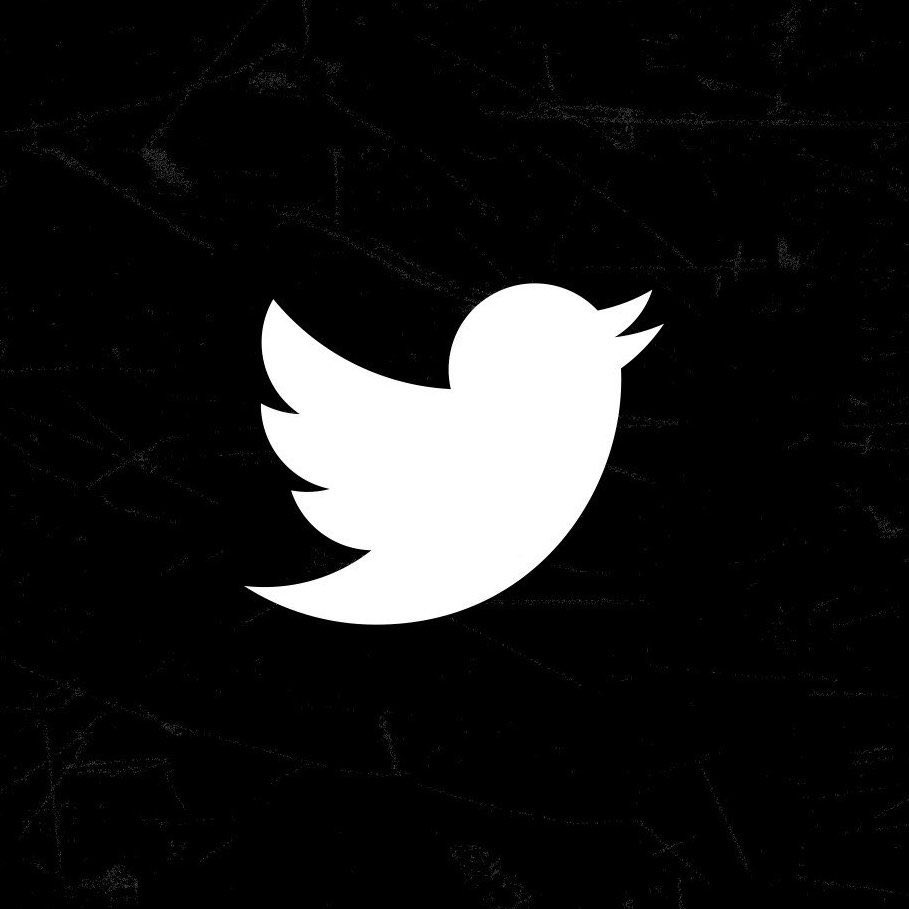PokeVideoPlayer v23.9-app.js-aug2025_
0143ab93_videojs8_1563605_YT_2d24ba15 licensed under gpl3-or-later
ImmersiveAmbientModecolor: #c6a08a (color 2)
Video Format : 136 (720p) mp4 | h264 | 44100Hz | 485471 bps
Audio Format: 140 (AUDIO_QUALITY_MEDIUM) m4a | aac | 44100hz | STEREO(2channels)
PokeEncryptID: d4244e606aa0a1c5c81b5f1717196e782f537674fc0b9e6f5c80f371cb68ee6220bc0e76c09c2fe4a494b3ac14a94f63
Proxy/Companion URL : woke-proxy.
Date : 1759900638277 - unknown on Apple WebKit
Mystery text?? : MUVwWFZXd3pNdTQgaSAgbG92ICB1IHdva2UtcHJveHkucG9rZXR1YmUuZnVu
143 : true
969 Views • 1 month ago • Click to toggle off description
For more content like this, please SUBSCRIBE AND FOLLOW me on social media and check out these additional resources:
FREE GUIDE TO OPTIMAL CHOLESTEROL LEVELS: drmatthewnagra.com/resources/
JOIN MY COMMUNITY: drmatthewnagra.com/join/
WEBSITE: drmatthewnagra.com/
NEWSLETTER: eepurl.com/gNAERv
INSTAGRAM: www.instagram.com/dr.matthewnagra/
TWITTER: twitter.com/drmatthewnagra
FACEBOOK: www.facebook.com/dr.matthewnagra/
TIKTOK: www.tiktok.com/@dr.matthewnagra
References:
www.thelancet.com/journals/lanonc/article/PIIS1470…
#redmeat #steak #beef #lean #protein #cancer
Views : 969
Genre: People & Blogs
License: Standard YouTube License
Uploaded At 1 month ago ^^
warning: returnyoutubedislikes may not be accurate, this is just an estiment ehe :3
Rating : 4.897 (3/114 LTDR)
97.44% of the users lieked the video!!
2.56% of the users dislieked the video!!
User score: 96.16- Overwhelmingly Positive
RYD date created : 2025-09-06T10:33:00.500937Z
See in json
45 Comments
Top Comments of this video!! :3
It makes no sense to me that a food that humans have been naturally eating for 300,000 years is carcinogenic. I believe there's still tons of information that hasn't been properly analyzed in any studies that attempt to show this correlation. Just as studies from the 50s supposedly confirmed dietary cholesterol causes heart disease, when the cholesterol found in heart attack victims arteries was put there by their bodies as a bandaid because the arteries were damaged by another process. Red meat has been a staple of the human diet long before agriculture kicked in. It was part of the natural diet of humanity. So with this logic, there must be other species eating their natural diets without realizing it's causing them cancers. Highly unlikely.
| 0













@TruthsSake
1 month ago
Sadly, when it comes to food, especially, this is a very emotional topic because many people if not most people are naturally biased towards favoring whatever foods they like the most, and therefore saying they are healthy. A lot of carnivore people just like red meat in general and so they have a natural bias towards claiming that it is a healthy food. I love, you can still like red meat and acknowledge it is not health promoting compared to plant-based foods/meats, but at least just be honest about it. I was never a heavy meteor, but I was a big dairy boy, and even I had to realize that at least some types of dairy are not as healthy promoting compared to plant alternatives, at least in certain context such as heart disease, and prostate cancer risk.
6 | 1